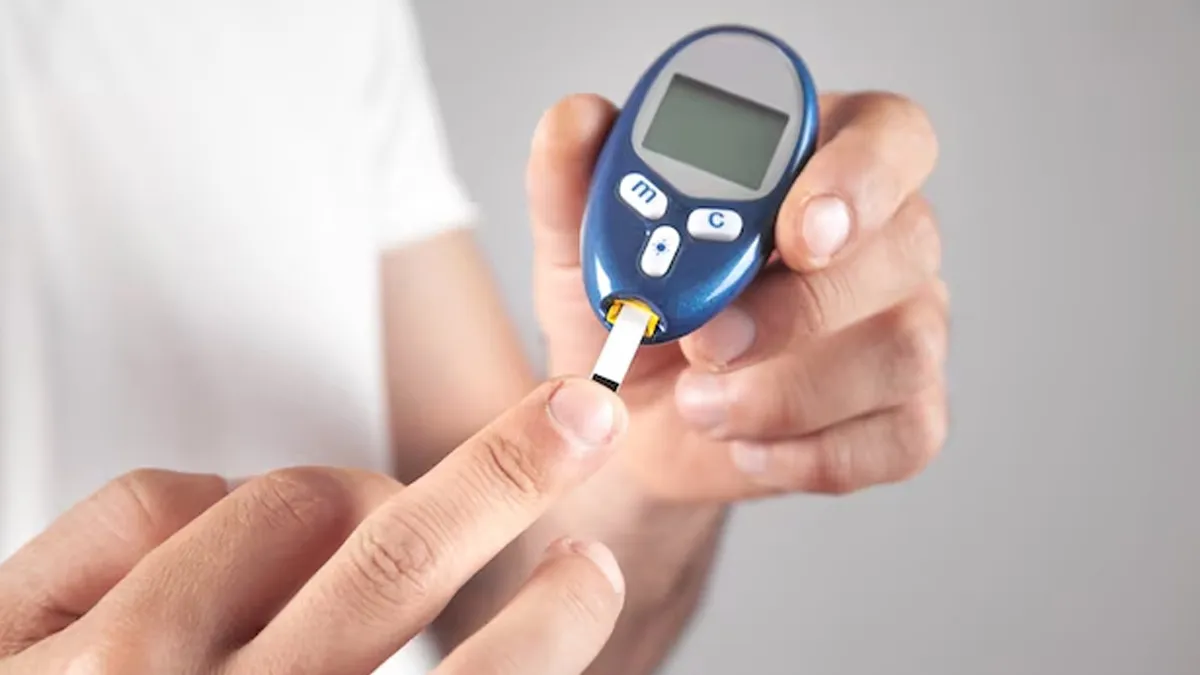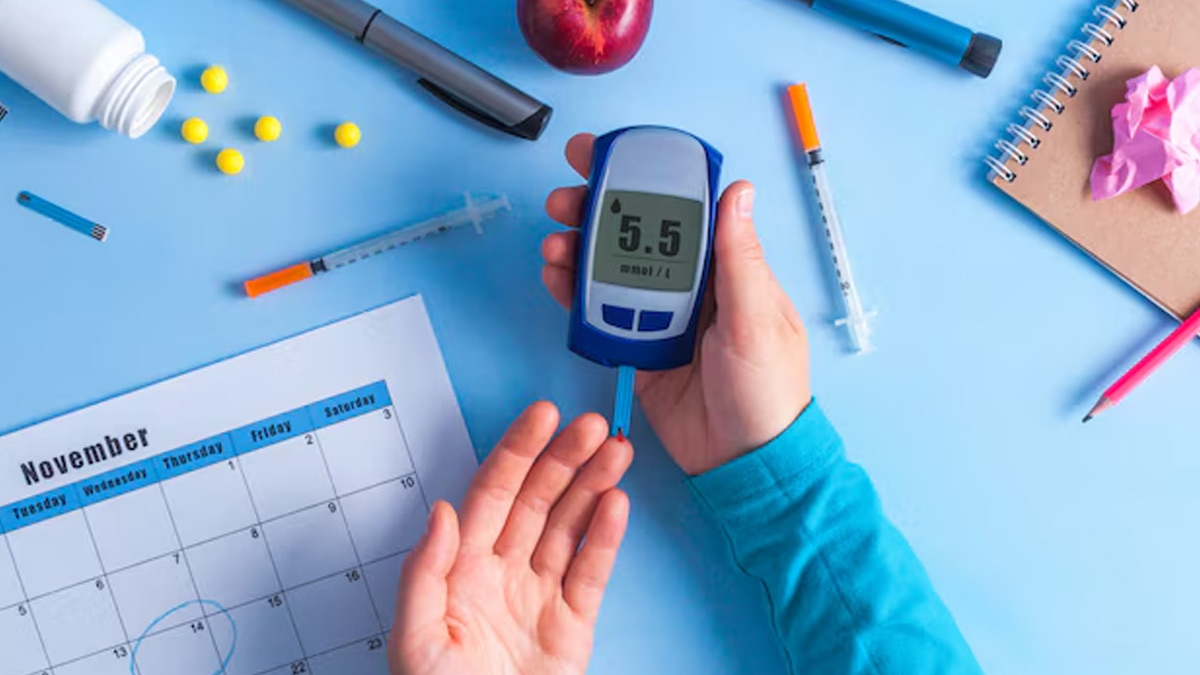
Many people diagnosed with type 2 diabetes often wonder, “Why me? I hardly eat sugar or sweets.” It’s a common belief that sugar is the primary cause of diabetes, but this isn’t entirely true. Let me break it to you, avoiding sugar alone doesn’t guarantee protection from type 2 diabetes. The reality is far more complex, and multiple factors contribute to its development.
Table of Content:-
To understand this in detail, we spoke to Dr Ashok Kumar Jhingan, Senior Director, Centre for Diabetes, Thyroid, Obesity & Endocrinology at BLK-MAX Super Speciality Hospital, Delhi. He explains, "Type 2 diabetes is a complex metabolic disorder that develops due to multiple factors, not just sugar consumption. While excess sugar intake can contribute to weight gain and insulin resistance, it is not the only cause. Genetics, lifestyle, and other health conditions play a major role in its onset."
Understanding the Risk Factors

While sugar consumption can contribute to diabetes risk, several other factors play a crucial role in the development of type 2 diabetes. Some of the key risk factors include:
1. Genetics
A family history of diabetes increases the likelihood of developing the condition. If close relatives have diabetes, your risk is higher due to inherited genetic predispositions.
2. Obesity
Excess body fat, particularly around the abdomen, is a major risk factor. Obesity is strongly linked to insulin resistance, making it one of the leading causes of type 2 diabetes.
3. Physical Inactivity
A sedentary lifestyle contributes to insulin resistance, making it harder for the body to regulate blood sugar levels effectively. Regular physical activity helps improve insulin sensitivity and lowers the risk of diabetes.
4. Age
The risk of developing type 2 diabetes increases with age, particularly after 45. This happens because the body’s ability to process insulin declines over time.
5. Ethnicity
Certain ethnic groups, including African Americans, Hispanics, South Asians, and Native Americans, are at a higher risk of developing type 2 diabetes due to genetic and lifestyle factors.
6. Other Health Conditions
People with high blood pressure, high cholesterol, or polycystic ovary syndrome (PCOS) have an increased risk of developing type 2 diabetes.
Also read: How To Control Diabetes Without Medicine? Expert Shares Alternatives
Sugar Is Not the Only Cause

Dr Jhingan clarifies, "Many believe that avoiding sugar completely will prevent diabetes, but that is not true. Other dietary habits, such as excessive intake of refined carbohydrates and unhealthy fats, also contribute to insulin resistance and type 2 diabetes."
Some of the biggest dietary culprits include:
Refined Carbohydrates: White bread, pasta, and rice cause blood sugar spikes, increasing the risk of insulin resistance.
Unhealthy Fats: Saturated and trans fats found in processed meats, fried foods, and full-fat dairy contribute to inflammation and insulin resistance.
Low Fibre Intake: A diet low in fibre, fruits, and vegetables can impair glucose metabolism and increase diabetes risk.
Also read: Sweet Secret to Lowering Diabetes Risk: Find Out How Dark Chocolate Can Help
How to Reduce the Risk of Type 2 Diabetes

The good news is that type 2 diabetes can often be prevented or managed through lifestyle changes. Here’s how:
1. Adopt a Balanced Diet
Focus on whole, unprocessed foods, such as fresh fruits, vegetables, whole grains, and lean proteins. Reduce intake of refined sugars, processed foods, and unhealthy fats.
2. Stay Physically Active
Engage in at least 150 minutes of moderate exercise (such as brisk walking or cycling) or 75 minutes of vigorous exercise (such as running or aerobics) per week. Strength training can also help improve insulin sensitivity.
3. Maintain a Healthy Weight
Losing even 5-10% of body weight can significantly reduce the risk of developing type 2 diabetes, especially for those who are overweight.
4. Monitor Health Regularly
Keep track of blood sugar levels, blood pressure, and cholesterol. Regular check-ups help detect diabetes early and allow for timely intervention.
Conclusion
Understanding that type 2 diabetes is caused by multiple factors, not just sugar, is key to preventing and managing the condition. By maintaining a healthy lifestyle, staying active, and monitoring your health, you can significantly lower your risk. Dr Jhingan emphasises, "Diabetes prevention is in your hands. A balanced diet, regular exercise, and routine health check-ups can make all the difference. Change your lifestyle before diabetes changes you."
Also watch this video
How we keep this article up to date:
We work with experts and keep a close eye on the latest in health and wellness. Whenever there is a new research or helpful information, we update our articles with accurate and useful advice.
Current Version